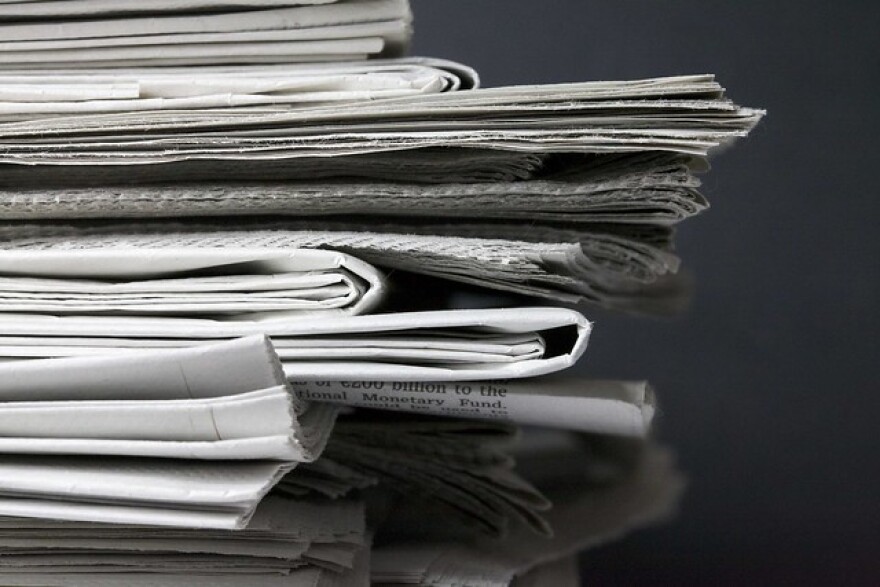Americans learned early on that Donald Trump would have a much different relationship with the free press and the facts than any previous president. Of course, all presidents have had issues with the press, but Trump deviated from past presidential behavior by labeling the media as “the enemy of the American people.” Early on, Trump’s chief strategist, Steve Bannon, said in an interview with the New York Times, “I want you to quote this: The media here is the opposition party.”
Political scientists Norman Ornstein and Thomas Mann, and journalist and commentator E.J. Dionne, in their book, One Nation After Trump, suggest that the fight for truth may be the most important struggle of all with Trump, who constantly rails against what he calls “fake news.” Historian Timothy Snyder says that to abandon facts is to abandon freedom. He says that if nothing is true, then no one can criticize power, because there is no basis for doing so. If nothing is true, then all is spectacle. Significantly, Snyder says that you may submit to tyranny when you renounce the difference between what you want to hear and what is actually the case.
Snyder says that truth dies in different modes. The first is the open hostility to verifiable reality, which can take the form of presenting inventions and lies as if they were facts, which he says Trump does at a high rate and at a fast pace. An attempt to track Trump’s statements during the 2016 campaign found that 78 percent of his claims were false. A recent analysis from the Washington Post found Trump has so far averaged 13 false or misleading claims in each day of his presidency.


